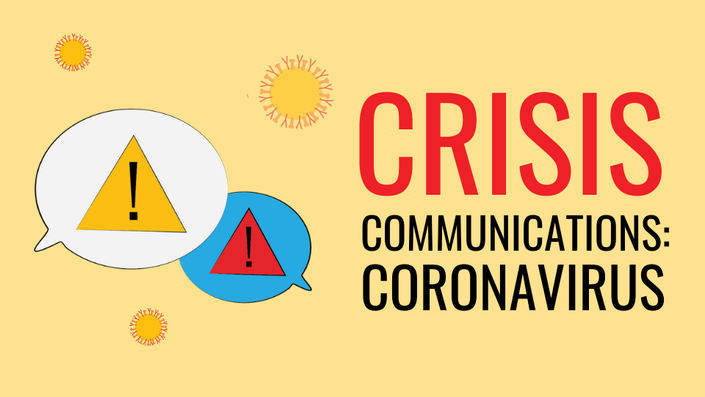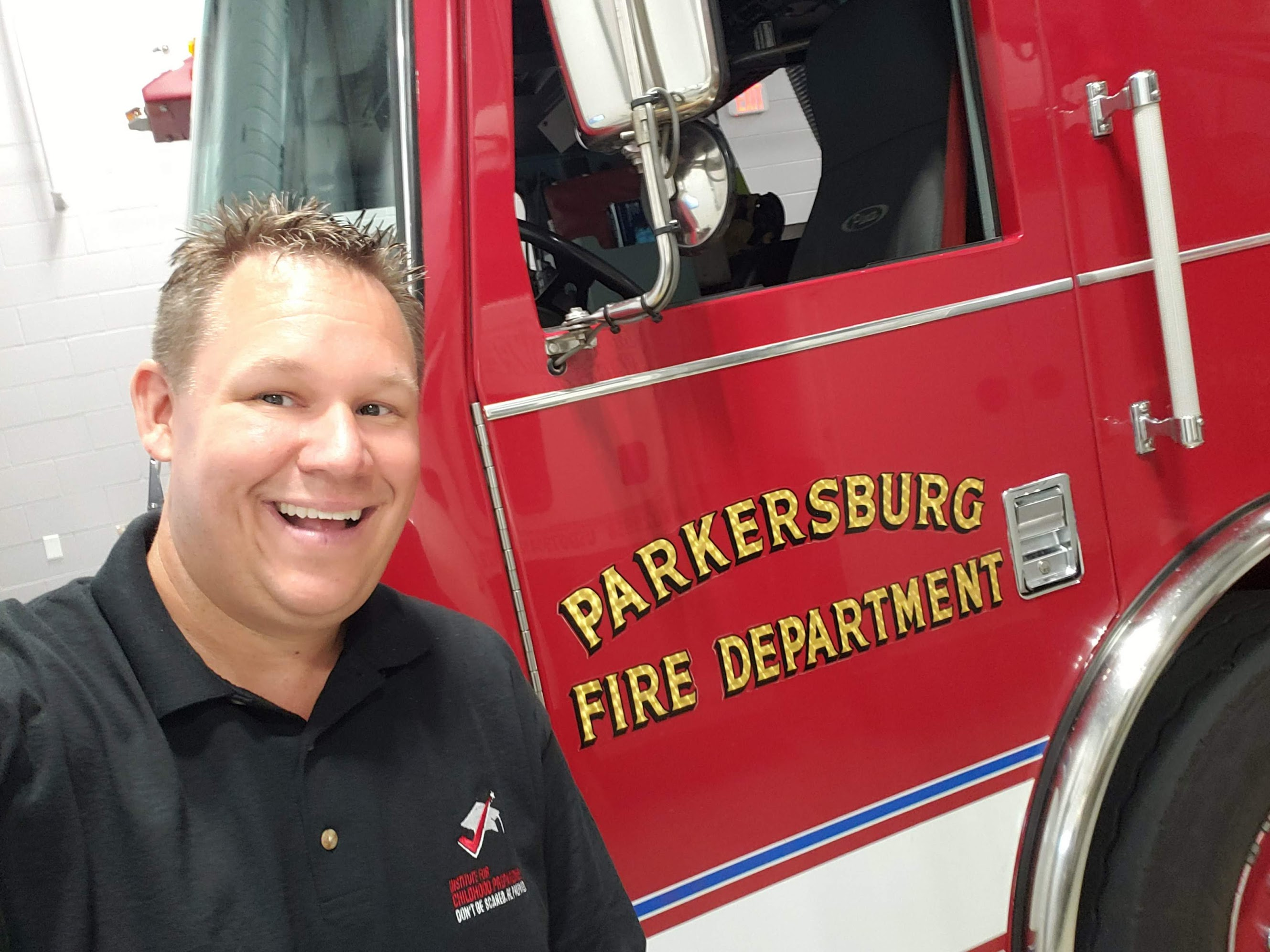

PLEASE NOTE: Google Chrome Internet Browser works best to access the courses and content. If you are having issues, please try Google Chrome as your Internet Browser.
Course Time: 1 Hour
Communications are critical during regular times, but even more important during an emergency or crisis. The coronavirus pandemic of 2020 has demonstrated the need for clear, concise, and consistent communications with our customers, clients, staff, and stakeholders. But what do we do when something goes wrong? Numerous businesses, schools, religious institutions, child care programs, Head Start programs, and camps have been suddenly forced to cease operations due to a confirmed or suspected coronavirus case. This course discusses how best to handle these situations from a messaging and communication standpoint. Participants will learn the keys to crafting meaningful messages that relay vital information in a timely way – without causing undue harm to their reputation or creating legal liabilities. Participants will also learn tips and tools to engage with the media to amplify our message and avoid negative coverage.
Learning Goals and Objectives:
- Define the term ‘crisis communication’
- Describe the importance of crisis communication plans
- Identify the key elements of effective messaging
- Explain the role of the media and how to work with them during a crisis
- Describe at least two actions you can take today to be better prepared for communicating during a crisis
- Describe the characteristics of successful messaging
- List two considerations you should keep in mind when engaging with the media
Your Instructor

Andrew Roszak, JD, MPA, EMT-Paramedic, serves as the executive director for the Institute for Childhood Preparedness, as Chief of Preparedness, Health and Environment for the Region II Head Start Association and as an adjunct professor in the school of community and environmental health at Old Dominion University. Since 2015, he has been working full time on emergency preparedness, response and recovery issues impacting the early childhood sector – child care and family child care programs, afterschool care, Head Start and Early Head Start. Roszak was formerly the Senior Director of Emergency Preparedness at Child Care Aware of America, Senior Public Health Advisor for the US Department of Health and Human Services’ Emergency Care Coordination Center and Senior Director of Environmental Health, Pandemic Preparedness and Catastrophic Response at the National Association of County and City Health Officials, where he worked each day to help prepare communities and the healthcare sector for pandemics and disasters. Roszak began his emergency preparedness career as a firefighter, paramedic and is certified as a hazardous materials technician and in hazardous materials operations. Roszak also served as Health Policy Fellow for the United States Senate Budget and Health, Education, Labor and Pensions Committees during the 110th and 111th Congress. Roszak is admitted to practice law in Illinois, the District of Columbia and before the US Supreme Court. Andrew is a graduate of the Early Childhood Leadership Program from Harvard University.
Core Competencies Standards
We know that every state has its own set of standards and protocols regarding statewide training and professional and career development courses for the early childhood community. Our online training courses were researched, developed, and designed with input from early childhood professionals, child care providers, directors and administrators, early childhood learning institutions, Child Care Resource and Referral Agencies, Head Start and Early Head Start programs, public health professionals, public policy experts, emergency management, and law enforcement.
During our on-site training, we seek professional guidance and feedback from early childhood professionals. Our online courses reflect this feedback, and we aim to provide early childhood professionals with the latest and most informative core competency learning standards. We do not expect early childhood professionals to be emergency preparedness experts, therefore our online training courses provide skills, abilities, qualities, and actionable tips and policies. Our training enables early childhood communities across the country, so they can serve the children in their care and provide a safe and prepared environment.
Who Are These Online Training Courses For?
Early childhood professionals have an awesome responsibility. Not only do they provide a caring environment for infants, toddlers, and children, but they also must provide a safe and secure environment. Our online training courses provide early childhood professionals with resilience, confidence, and a strong learning foundation to protect children in an emergency or natural disaster.
We know that the needs of the early childhood community are very specific. That’s why we designed our courses to meet the needs of early childhood professionals, those that care for infants, toddlers, and children, Child Care Resource and Referral organizations, parents, teachers, child care providers, directors and administrators, and early childhood learning institutions.
All the topics that we cover in our online training courses are approached in a safe and calm manner. We aim to address the specific needs of the early childhood community, and we wholeheartedly agree that children should be allowed to learn, grow, and dream without the threat of aggressive preparedness policies. During our online training courses, we never call for unannounced drills or simulated violence of any kind. Instead, we provide actionable ways for child care providers to teach children about emergency preparedness, response, and recovery in a developmentally age-appropriate way.
Assessments and Student Accountability
Our online training courses keep students actively engaged and eager to learn. We have designed our courses with a learn at your pace approach; students can start and stop courses at their convenience, go back and re-learn or refresh course topics, and students also have access to the online courses for one full year from the time of purchase.
Our teaching approach is warm, calm, and respectful, and we make sure no student is left behind. With a mix of slides, graphics, videos, and other creative visuals, students feel empowered, focused, energetic, and ready to learn. We have framed our coursework to meet the needs of the early childhood community, making sure that everyone can participate and put our practices to use in a child care setting. Because our courses make participants feel empowered and confident, students have the desire to continue learning and building upon each lesson in our online course catalog.
Time Awarded for Online Training Courses
Upon the successful completion of each online training course, participants are awarded a certificate of completion. Each certificate states the name of the student, course minutes, name of the course, and date the course was completed. The time awarded for the course is equal to the amount of time used to complete the course.
Course Curriculum
-
PreviewIntroduction (9:04)
-
StartDefinitions and Considerations (9:43)
-
StartPre-work (4:29)
-
StartDrafting Messages and Sending Messages (3:42)
-
StartReal World Examples (5:16)
-
StartWorking with the Media (27:52)
-
StartSupplies, Personal Protective Equipment are Available (0:43)
-
StartKnowledge check
-
StartConclusion (1:55)
Frequently Asked Questions
Learn more about our offerings and check out all of our early childhood resources: The Institute for Childhood Preparedness.
